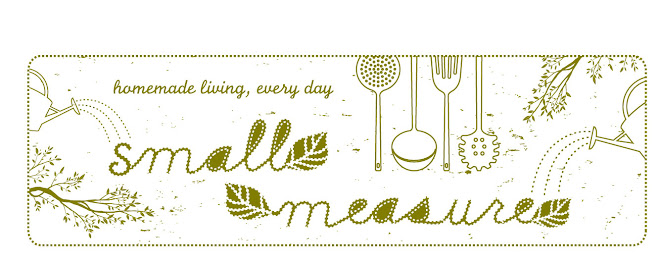 We lost Georgette today. We're still unsure about what ultimately took her life. Glenn had noticed over the past few days that she wasn't getting up on the roost at night and was sitting on the henhouse floor in the morning. Still, she was out foraging for bugs and eating feed and drinking per usual. He just found her dead, and a bit frozen, on the hen house floor.
We lost Georgette today. We're still unsure about what ultimately took her life. Glenn had noticed over the past few days that she wasn't getting up on the roost at night and was sitting on the henhouse floor in the morning. Still, she was out foraging for bugs and eating feed and drinking per usual. He just found her dead, and a bit frozen, on the hen house floor. I knew when I took on chicken-tendering that the eventual loss of life is a natural part of the process. Still, it's never easy losing a pet, any pet. Georgette was a great, and generous, friend, always posing for the camera. She was also one of the first to allow me to pet and pick her up.
Thank you, lovely lady, for all you did to sustain us. Thank you for entertaining us with your wiley antics and gentle ways. You were a giant among hens. Godspeed you.
To catch a glimpse of Georgette when she was at her finest, check out this video.
*Image from LarkCrafts, taken by Lynne Harty.

I'm so sorry :(
ReplyDeletei'm so sad to hear this. i've watched your ladies grow alongside you and have become quite fond of each of them and their unique personalities. georgette was such a willing and generous model for your book. i'm glad she'll live on in its pages.
ReplyDeleteOh, that's horrible news...so, so sorry. :( xo
ReplyDeleteSo sorry for your loss.
ReplyDeleteI'm so sorry to hear about Georgette. It's amazing how close we can be to our animal companions, especially those that have fed us; it doesn't get much more intimate than that. Ultimately, they teach us so much about the cycles of life and death, which sounds so simple, but can be so challenging sometimes...
ReplyDeleteAw...I'm so sorry to hear this. Maybe she had an egg that was stuck? I don't know. That's so sad.
ReplyDeleteAw. Im so sorry. She was one of our favorites when we came to visit.
ReplyDeletehttp://lostbirdfound.typepad.com/.a/6a0112796897f028a4013485a63ba3970c-pi
do you eat your chickens?
ReplyDeleteaimee-no, i don't eat any of my hens. hubs and i deliberately keep our flock small so as to have a regular supply of eggs. i have a personal policy to never name and keep as a pet anything i intend to eat. i only just resumed consuming poultry, after a 14 year hiatus, during my pregnancy. the poultry i do eat i source from natural free-range suppliers.
ReplyDeletei'm not at all opposed to slaughtering my own chickens for consumption, though. if i had a large flock, and knew how to do the actual butchering, i would completely be open to it. at this point, though, with a newborn and loads of other new projects going on (plus i'm still recovering, health-wise, from the birth), i just don't have the time to take on learning more about butchering.
i had my own epiphanic awakening several months ago surrounding the issues of eating animals. after being a long-term, very committed vegetarian, i changed course. doing so is something that is an inherently personal decision and not something anyone could ever force onto someone else. i came to the realization for myself that death is alright. everything dies. everything. it's death with dignity and respect and love that counts.
While I'm sad to hear that Georgette is no longer on this earth, she certainly had the best possible life any hen could have hoped for. I'm sure she loved being your chicken!
ReplyDeleteI just read this, and I'm sorry to hear. We have barred rock hens as well. We've only had ours a little over a year. I've named two - Betsy and Dolores, which we will keep as pets. We haven't yet decided on the other (whether to eat or not). The idea of it upsets me and makes me feel like a monster, truthfully, and I'm trying to get over it.
ReplyDeleteCan I ask, what do you do with your hens when they stop or significantly slow their laying as they get older? I've heard hens can live a long time. How do you keep your flock small while introducing younger egg-layers?
jrose-yes, it's true; hens can live a long time, up to 15-20 years, even, under ideal conditions. many people "dispatch", to use the common euphemism, their birds after their egg-laying reduces. we've decided not to do that. once the egg production drops (it doesn't end completely, it merely tapers off after their first two years of heavy productivity), the hens simply live in their "convent" (we don't keep a rooster) and we keep them on as pets. we just introduced 3 new layers over the summer to the flock, to keep egg production going. since getting started with chickens, we've lost two birds-one to a raccoon and more recently, georgette. periodically introducing 2-3 new birds to the flock at a time will ensure we have a steady egg supply without taking on too large a number of birds.
ReplyDelete